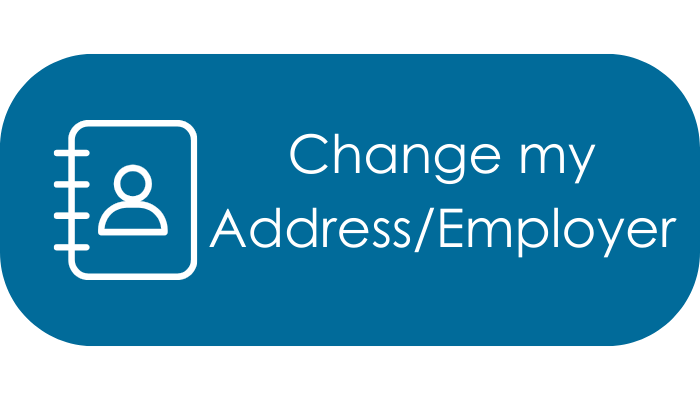




Child Support
The Division of Child Support works with parents, employers, and other partners to help ensure children receive court ordered child support and medical support. The Division of Child Support is dedicated to helping families with the many aspects of child support including establishing paternity and child support orders, locating a non-paying parent, and collecting and paying child support.
Other Links
- Change of Address and/or Employer
- Support Calculator
- Child Support Offices
- Case Information
- Employers
- Receive or Make a Payment
- Voluntary Acknowledgment of Paternity
See Also...
- Conduent Way2Go Card
- Federal Child Support Services
- Child Support Commission Report
- South Dakota Parenting Time Forms








